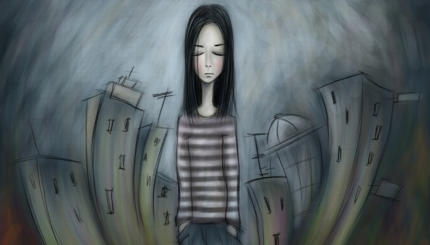Mourn
Hastening Death vs. Letting Death Come: A Reform View
When it's acceptable to use a "living will" to end treatment of terminally ill patients
Special Issues in Kaddish
Study in honor of dead; women reciting Kaddish; Kaddish integrating mourners into communities; and hiring someone to say Kaddish.
Shiva, the First Seven Days of Mourning
Shiva is observed in the home as an intensive mourning period for close relatives.
Euthanasia: A Jewish View
Traditional rabbinic authorities forbid instigating the death of a terminally ill patient.
A Psychological Interpretation of the Laws of Mourning
The actions required of mourners following the death of close relatives help them to confront the reality of the death, to work through feelings of ambivalence, and to express grief and anger.
Proximity and Repair
Even if we are unable to fully fix what's broken, we can begin to make a difference by stepping forward.
How To Sit Shiva
During this Jewish mourning custom, the entire physical environment of the mourner is transformed to acknowledge the immediacy of death.
Euthanasia and Assisted Suicide: Some Biblical and Rabbinic Sources
The Torah prohibits murder, and the Talmud maintains the prohibition on active killing, even with the terminally ill.
Some Modern Views on Euthanasia
Contemporary Jewish thinkers have expressed a wide range of opinions about the permissibility and parameters of euthanasia.











